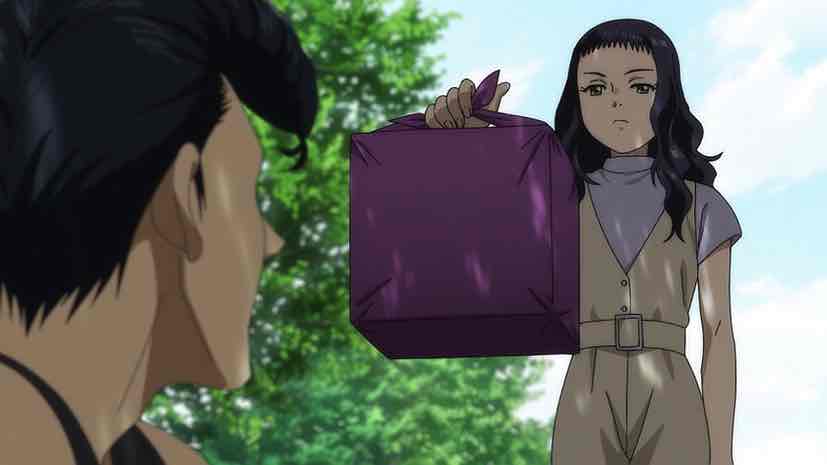 Just to be clear, I would very much appreciate no more breaks from Ao Ashi (not to mention an immediate second season announcement). This is one of those Seinfeld-ian “I could watch it if my hair was on fire” shows. It sits right in the sweet spot as a sports anime, balancing the on and off-field elements perfectly. One of these every season would be great, but we’re not always so lucky. At least we’ll have Yowapeda next season to pick up the slack (not that many will notice it amongst that ridiculous hype-fest).
Just to be clear, I would very much appreciate no more breaks from Ao Ashi (not to mention an immediate second season announcement). This is one of those Seinfeld-ian “I could watch it if my hair was on fire” shows. It sits right in the sweet spot as a sports anime, balancing the on and off-field elements perfectly. One of these every season would be great, but we’re not always so lucky. At least we’ll have Yowapeda next season to pick up the slack (not that many will notice it amongst that ridiculous hype-fest).
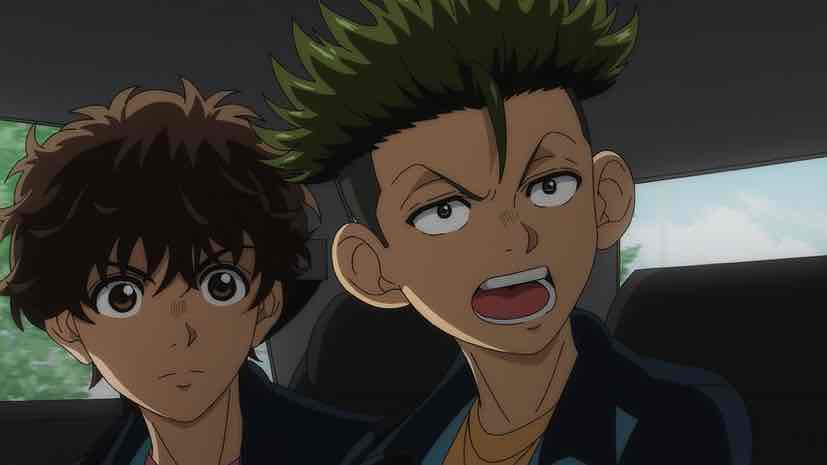 Tokyo Musashino (presumably) isn’t going to be the climactic opponent for the season, but they represent a pretty big milestone to be sure. As the main trio head off in Kaneko-san’s car to scout their match, Anri is left holding the Aharen-sized bento she made for you-know-who – which she winds up offering to Togashi. He’s understandably reluctant but once he sees the target skipping off with Hana, he relents. The boys meet the much-discussed manager Satake Kouji (Maeno Tomoaki) at the field, and he greets Tachibana warmly. On hearing that the boy has asked out of the next match, Satake tells him he’s glad he’s struggling, because that means he made the right choice in leaving.
Tokyo Musashino (presumably) isn’t going to be the climactic opponent for the season, but they represent a pretty big milestone to be sure. As the main trio head off in Kaneko-san’s car to scout their match, Anri is left holding the Aharen-sized bento she made for you-know-who – which she winds up offering to Togashi. He’s understandably reluctant but once he sees the target skipping off with Hana, he relents. The boys meet the much-discussed manager Satake Kouji (Maeno Tomoaki) at the field, and he greets Tachibana warmly. On hearing that the boy has asked out of the next match, Satake tells him he’s glad he’s struggling, because that means he made the right choice in leaving.
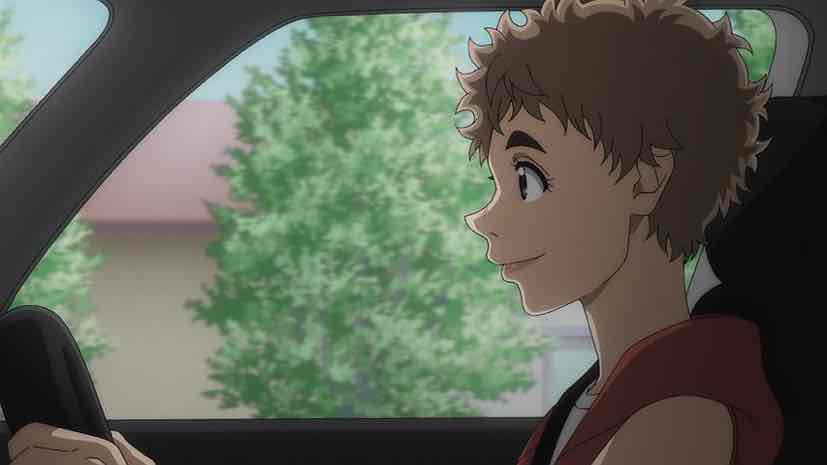 Satake-san is an interesting figure, a product of the J-Youth system who struck out on his own and found success with an unheralded school team. He’s made quite an impression of everyone he’s coached, including Tachibana, and once the match starts it’s clear that his team is superbly drilled. They rely on an intense “super high” press – so much so that they’re quite content to leave spaces seemingly vulnerable to attack. Satake’s motto is to always take risks, because that’s what makes the opponent feel pressured. And the younger the level, the easier (and more devastating) that is.
Satake-san is an interesting figure, a product of the J-Youth system who struck out on his own and found success with an unheralded school team. He’s made quite an impression of everyone he’s coached, including Tachibana, and once the match starts it’s clear that his team is superbly drilled. They rely on an intense “super high” press – so much so that they’re quite content to leave spaces seemingly vulnerable to attack. Satake’s motto is to always take risks, because that’s what makes the opponent feel pressured. And the younger the level, the easier (and more devastating) that is.
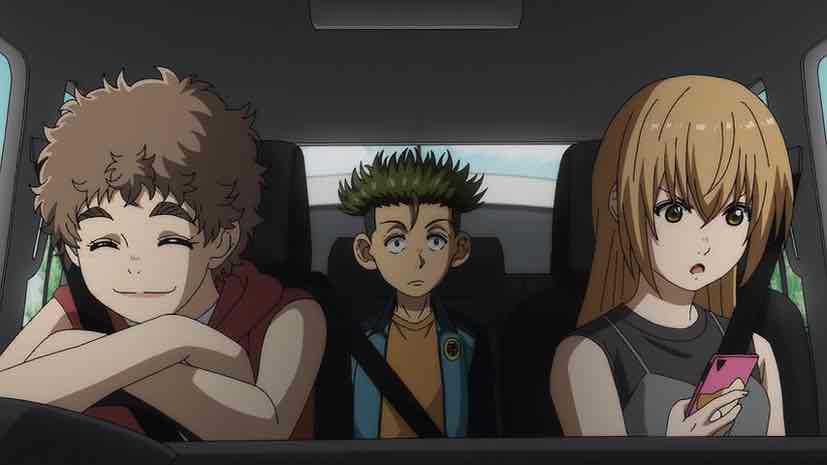 The high press is relatively common these days. Some power clubs who dominate possession like Pep’s Man City and Klopp’s Liverpool use it. It’s also used by less dominant sides as a means of covering for a lack of individual brilliance – Marcelo Bielsa and his successor at Leeds, the Yank “soccer coach” Jesse Marsch, are big proponents. The key to the success of this system for such a team, (as Musashino is) as Ashito quickly realizes, is the level of trust and the interplay between the players. If that trust didn’t exist, the courage to take the necessary risks Satake-san demands wouldn’t exist either.
The high press is relatively common these days. Some power clubs who dominate possession like Pep’s Man City and Klopp’s Liverpool use it. It’s also used by less dominant sides as a means of covering for a lack of individual brilliance – Marcelo Bielsa and his successor at Leeds, the Yank “soccer coach” Jesse Marsch, are big proponents. The key to the success of this system for such a team, (as Musashino is) as Ashito quickly realizes, is the level of trust and the interplay between the players. If that trust didn’t exist, the courage to take the necessary risks Satake-san demands wouldn’t exist either.
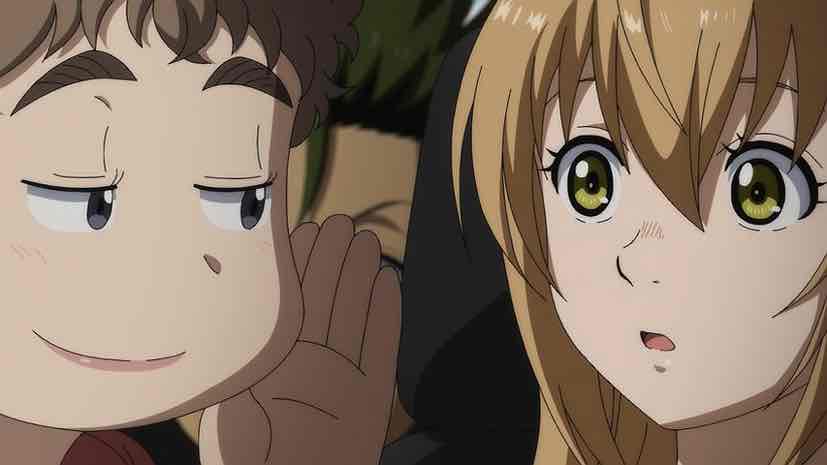 There’s one exception to that – Kaneda-san. He’s a free agent, a wild card – a soloist and not part of the orchestra. Satake lets him operate that way, presumably because it works, and it highlights the inherent paradox of strikers. Perhaps as much as any role in team sports it often rewards selfishness, and a huge ego seems to be a common prerequisite for success. The other ten Musashino players disrupt the opposition, and Kaneda carves them up clinically on counters. He’s a first-class jerk, including to his teammates – even his sempai and even his captain – about as shocking as cultural taboos get in Japan. But his form as a striker is dialed in and he’s playing with huge confidence, and Satake doesn’t seem keen on fixing something that’s not (yet) broken.
There’s one exception to that – Kaneda-san. He’s a free agent, a wild card – a soloist and not part of the orchestra. Satake lets him operate that way, presumably because it works, and it highlights the inherent paradox of strikers. Perhaps as much as any role in team sports it often rewards selfishness, and a huge ego seems to be a common prerequisite for success. The other ten Musashino players disrupt the opposition, and Kaneda carves them up clinically on counters. He’s a first-class jerk, including to his teammates – even his sempai and even his captain – about as shocking as cultural taboos get in Japan. But his form as a striker is dialed in and he’s playing with huge confidence, and Satake doesn’t seem keen on fixing something that’s not (yet) broken.
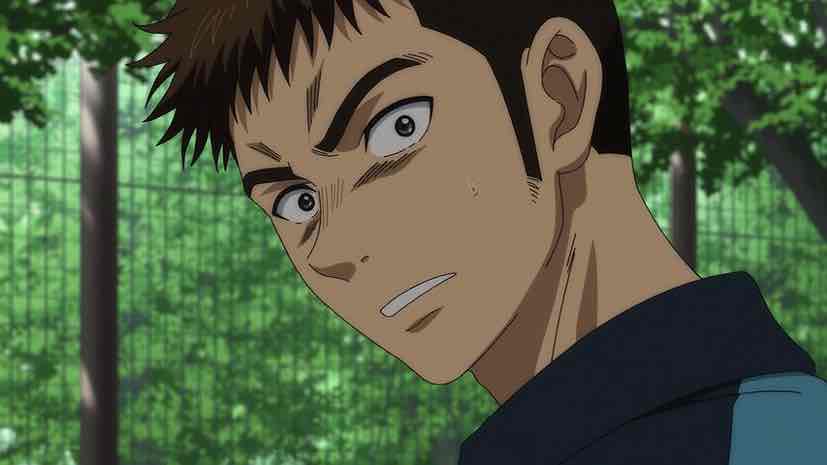 There are many ways to succeed as an attacking player in football, and while Tachibana-kun will clearly never do so the way Kaneda does, that doesn’t mean he can’t at all. It’s clear he made a big impact in Musashino and his teammates genuinely loved him. but the “servant leader” route gets more difficult the higher you rise in soccer. The confrontation between the Esperion boys and Kaneda was very much in-character for both, but as big an A-hole as Kaneda is neither Ashi-kun or Souichirou are really in a position to talk back – he’s producing, backing up his arrogance with results. And for a striker that justifies anything. Ashi isn’s a striker anymore, of course…
There are many ways to succeed as an attacking player in football, and while Tachibana-kun will clearly never do so the way Kaneda does, that doesn’t mean he can’t at all. It’s clear he made a big impact in Musashino and his teammates genuinely loved him. but the “servant leader” route gets more difficult the higher you rise in soccer. The confrontation between the Esperion boys and Kaneda was very much in-character for both, but as big an A-hole as Kaneda is neither Ashi-kun or Souichirou are really in a position to talk back – he’s producing, backing up his arrogance with results. And for a striker that justifies anything. Ashi isn’s a striker anymore, of course…
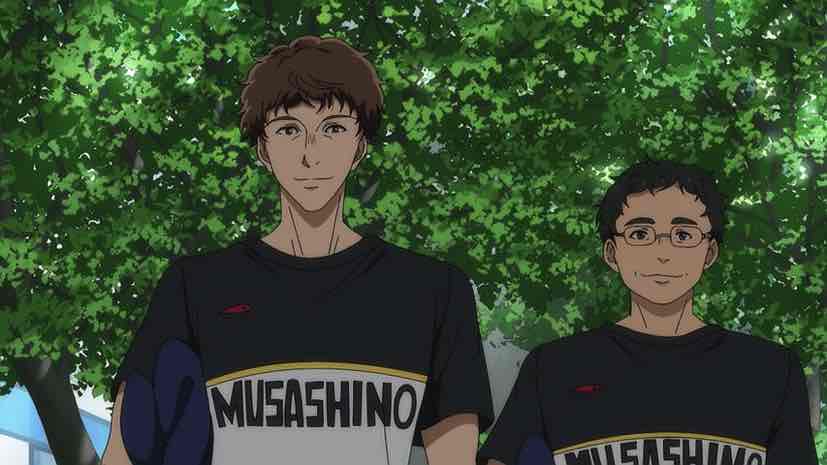 And then we have Hana. She’s obviously jealous of Ashito bonding with Anri over soccer, though he’s genuinely unaware of this. She’s tagged along hoping to give him the photo Kaneko-son took, but finally can muster the courage only to slip it into his pocket (which he mistook for feeling him up). Ashi’s discomfort when Hana tells him she’s doing meal plans for Kuribayashi – after initially being puzzled why she felt she needed to inform him – is the first real sign that on some level he’s aware that he and Hana are more than just friends. Ashito is a very good boy but he’s a small-town kid in the big city whose true love is soccer – I don’t envy Hana-chan with this one.
And then we have Hana. She’s obviously jealous of Ashito bonding with Anri over soccer, though he’s genuinely unaware of this. She’s tagged along hoping to give him the photo Kaneko-son took, but finally can muster the courage only to slip it into his pocket (which he mistook for feeling him up). Ashi’s discomfort when Hana tells him she’s doing meal plans for Kuribayashi – after initially being puzzled why she felt she needed to inform him – is the first real sign that on some level he’s aware that he and Hana are more than just friends. Ashito is a very good boy but he’s a small-town kid in the big city whose true love is soccer – I don’t envy Hana-chan with this one.
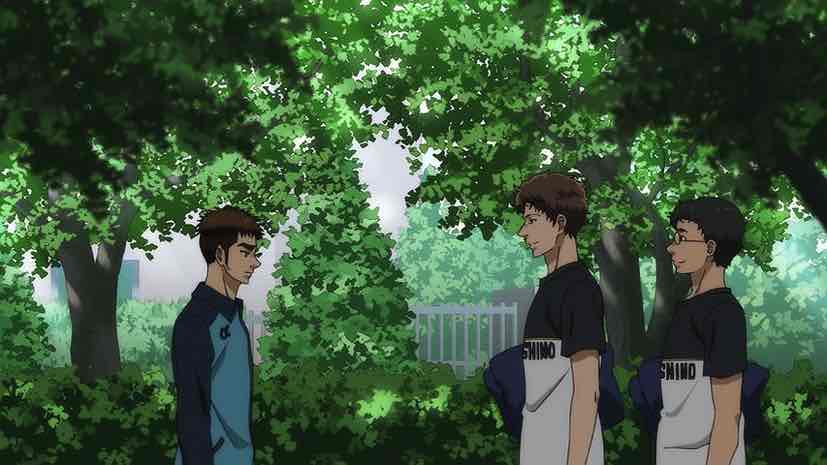 So then, Tokyo Mushashio looms as a huge character and level check for Esperion B – especially Tachibana and Ashito. I’d hoped Tachibana would react to the challenge to his resolve by asking back into the team, but Date-san has put him in anyway. As for Ashito, having Kaneda around to remind him what it’s like for a striker on fire represents a different sort of challenge, as he still hasn’t really come to terms with what Fukuda-san has forced him to do. He still wants to be the guy who scores the goal, not the one who sets it up or prevents it. But neither he nor Souichirou can succeed by trying to be someone else – who they are will either have to be good enough, or not..
So then, Tokyo Mushashio looms as a huge character and level check for Esperion B – especially Tachibana and Ashito. I’d hoped Tachibana would react to the challenge to his resolve by asking back into the team, but Date-san has put him in anyway. As for Ashito, having Kaneda around to remind him what it’s like for a striker on fire represents a different sort of challenge, as he still hasn’t really come to terms with what Fukuda-san has forced him to do. He still wants to be the guy who scores the goal, not the one who sets it up or prevents it. But neither he nor Souichirou can succeed by trying to be someone else – who they are will either have to be good enough, or not..


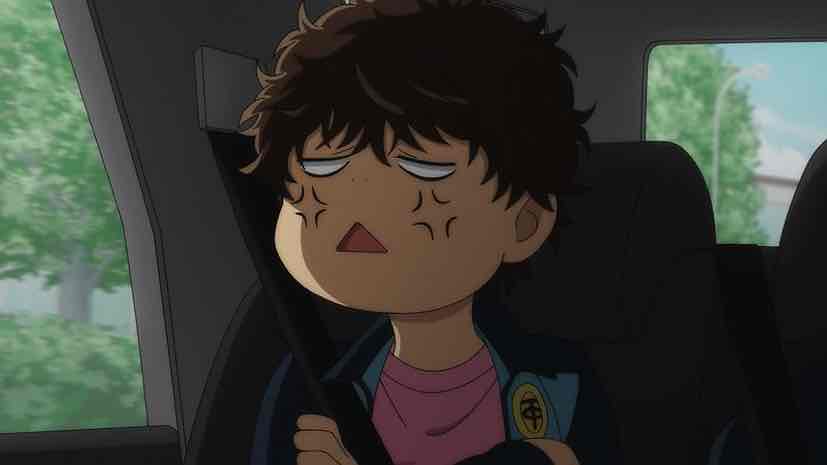
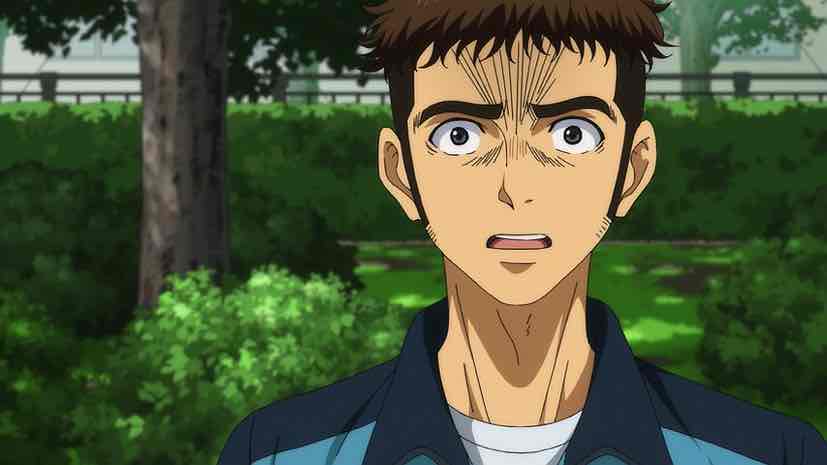
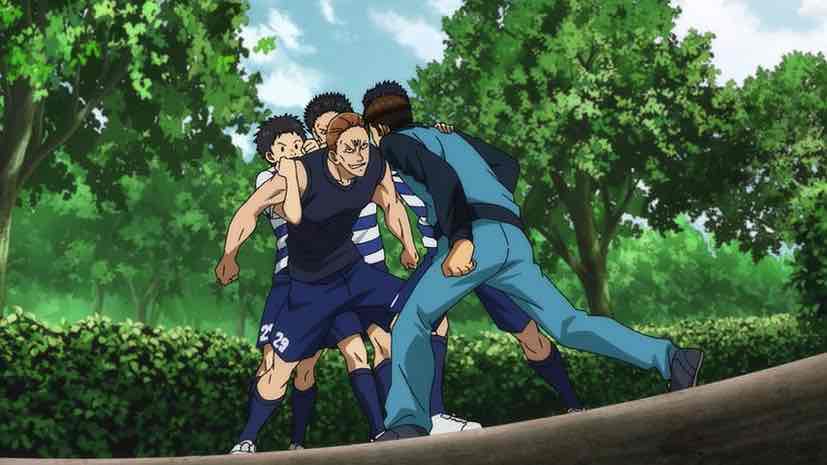
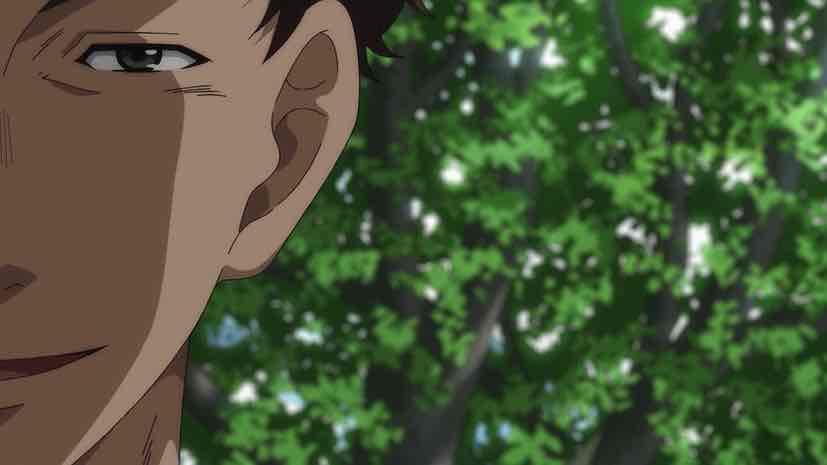
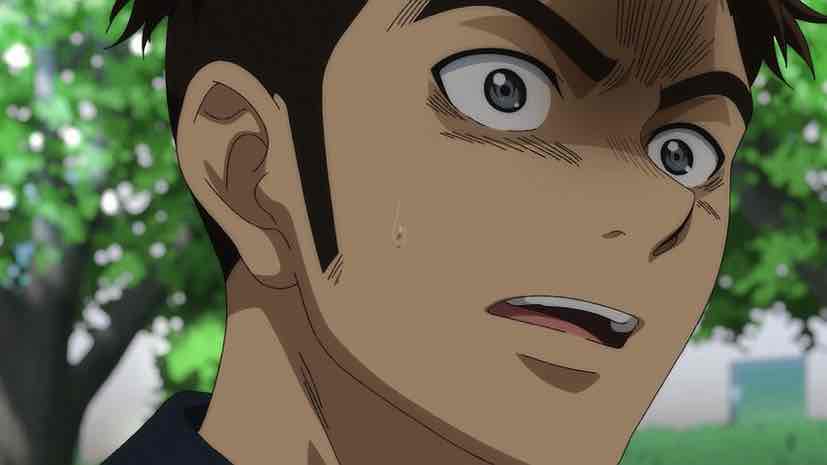
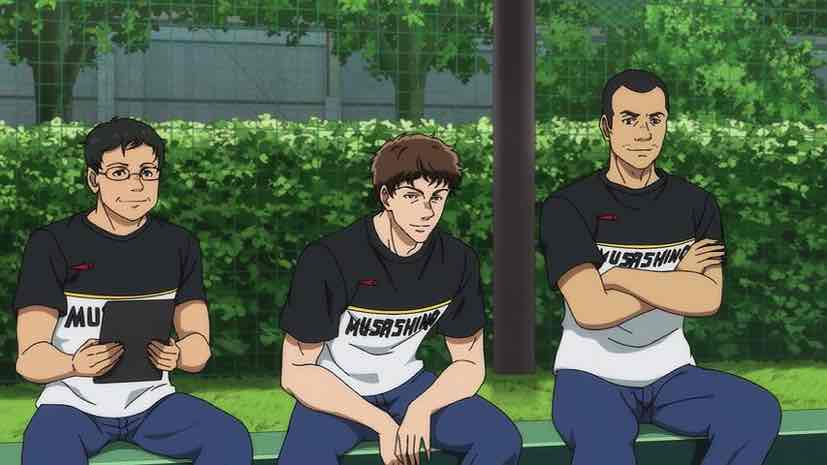
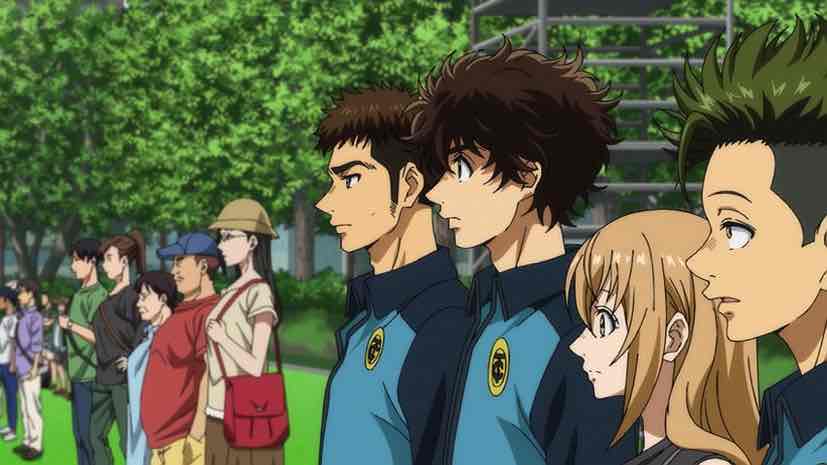
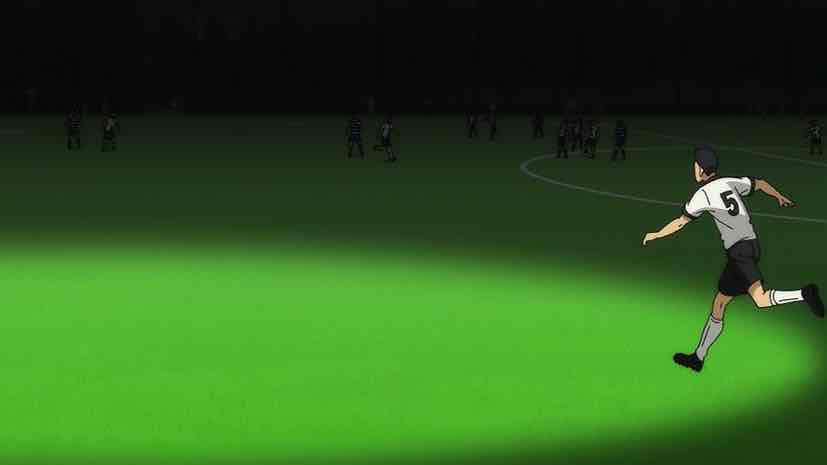
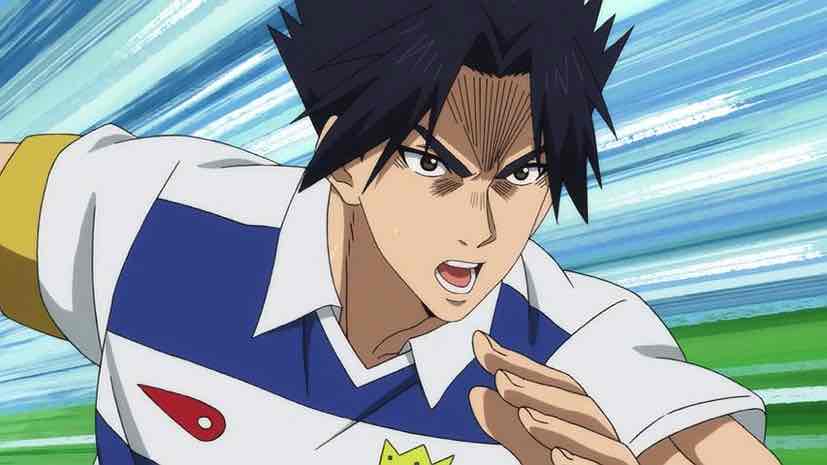
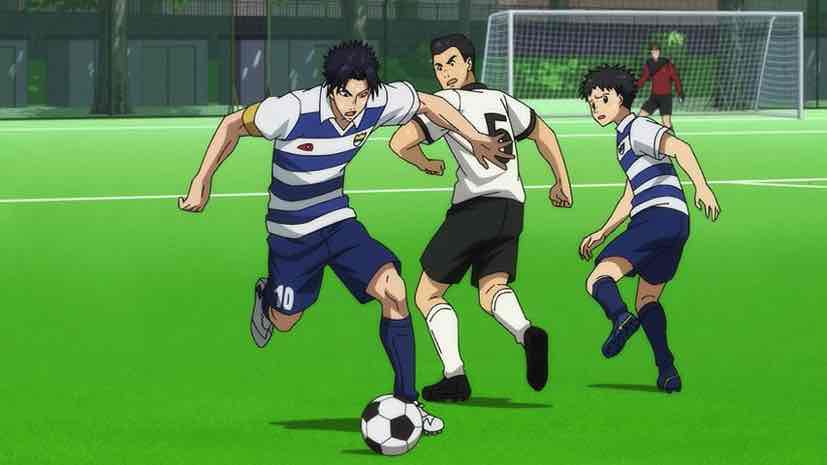
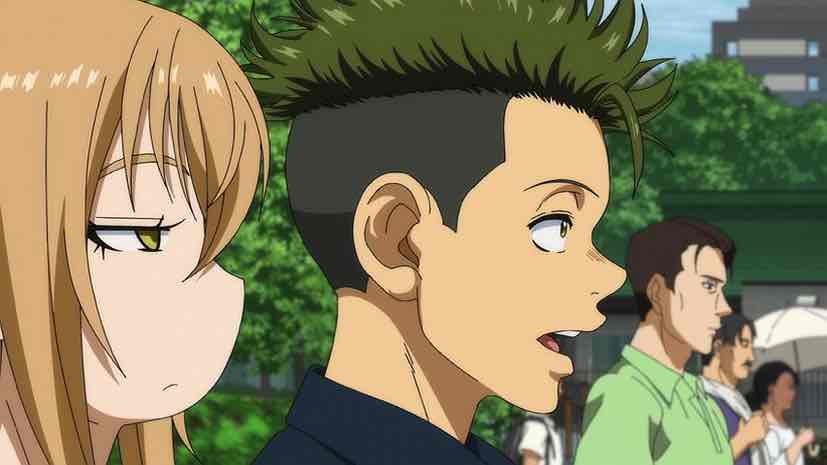
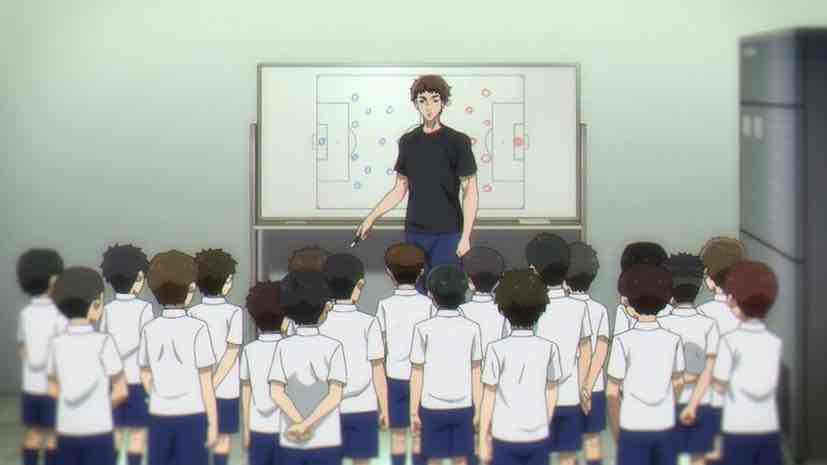
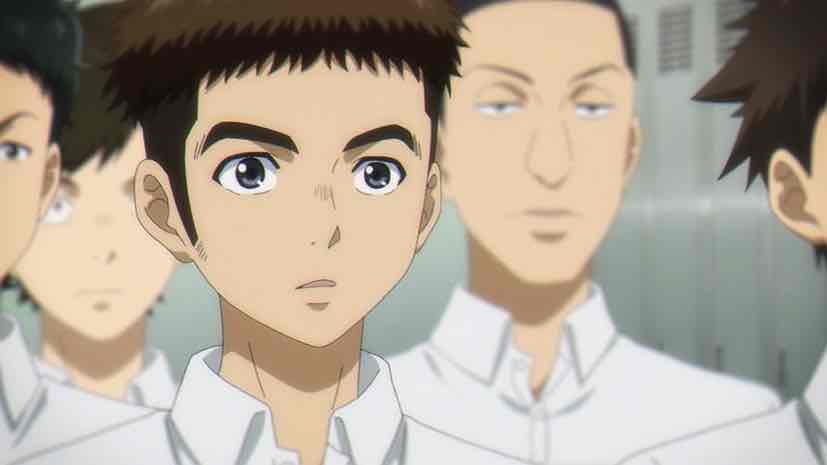
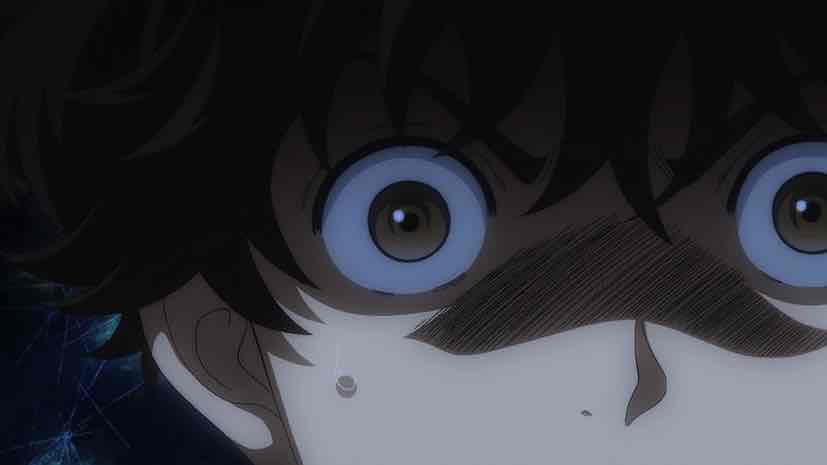
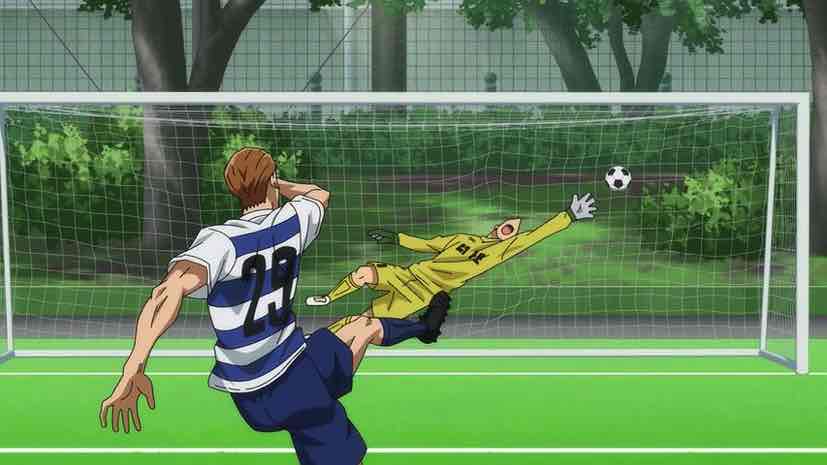
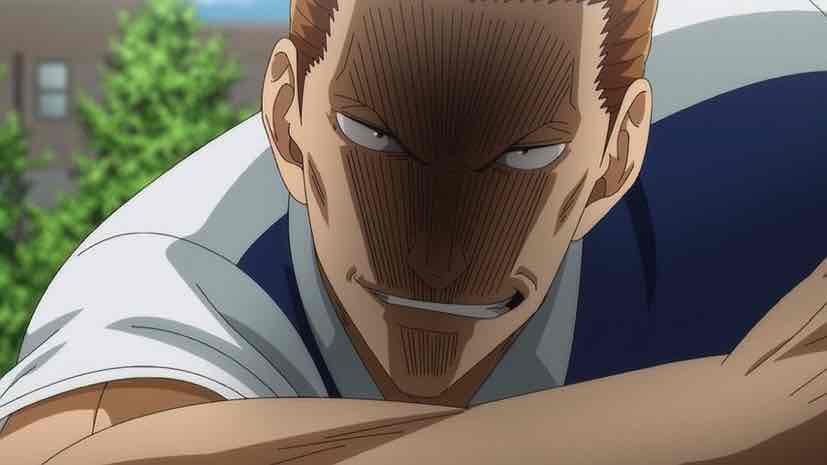
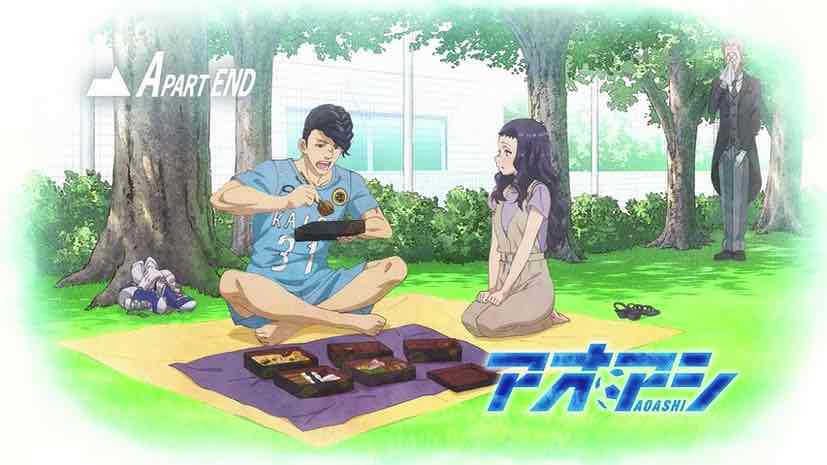
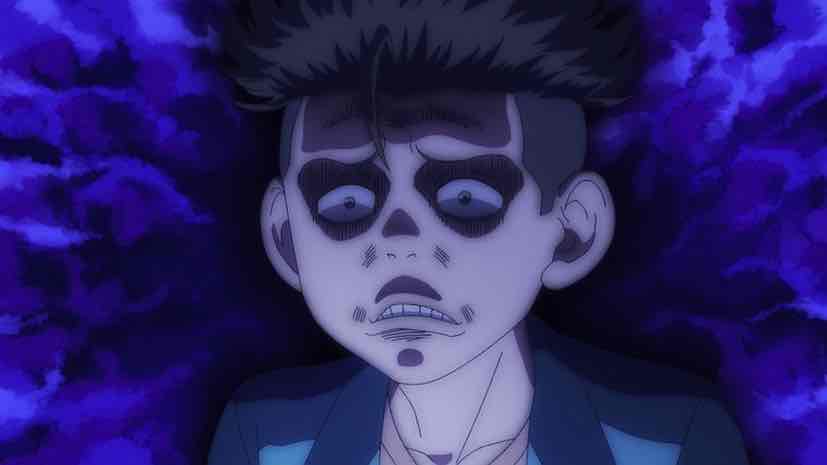

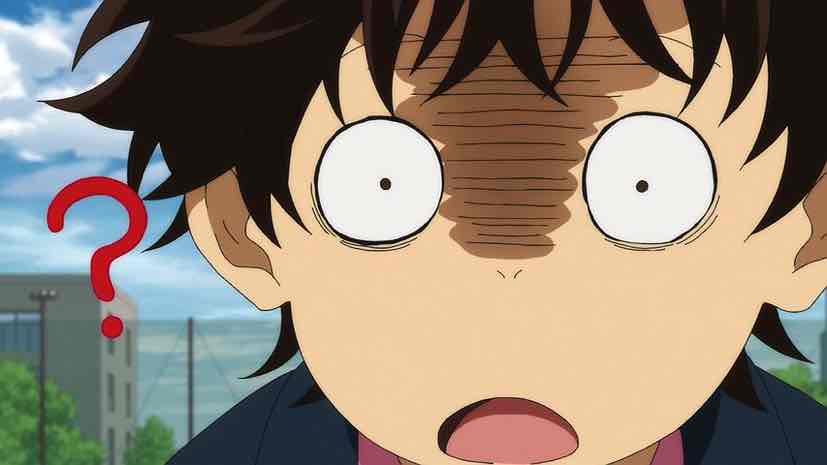
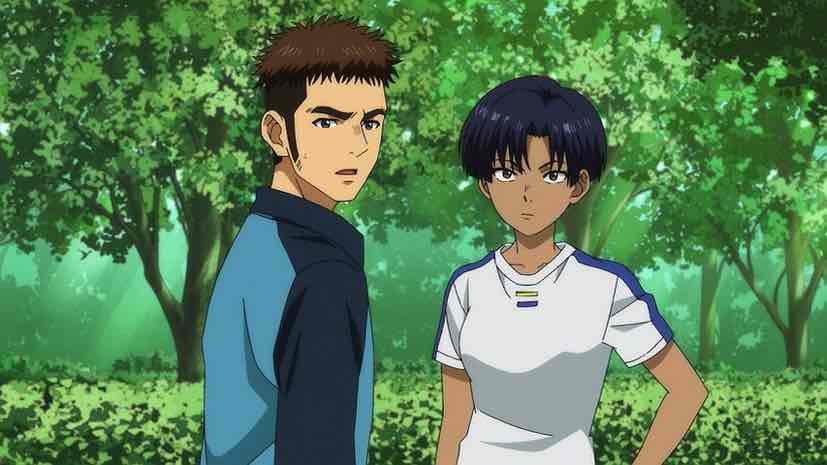
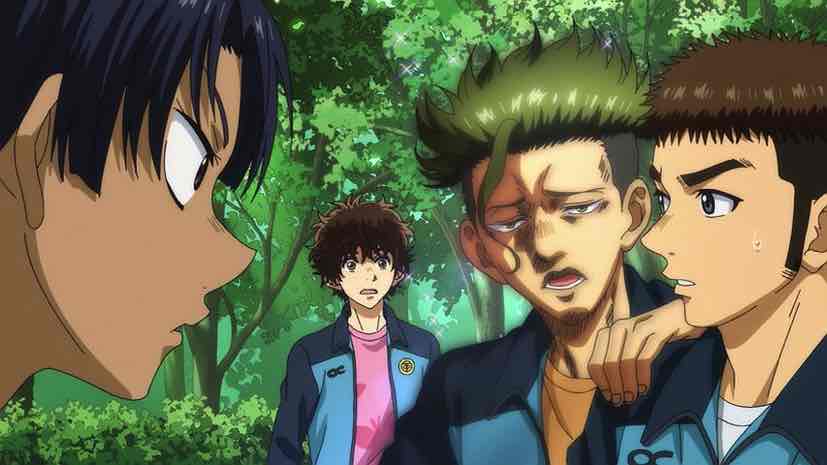
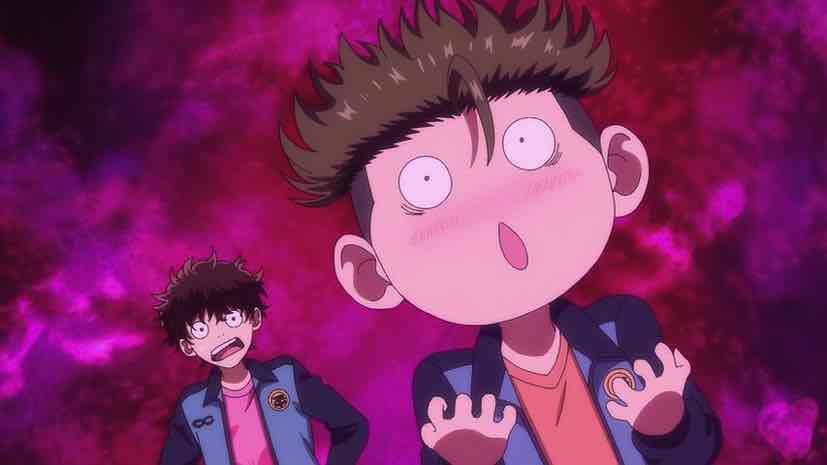
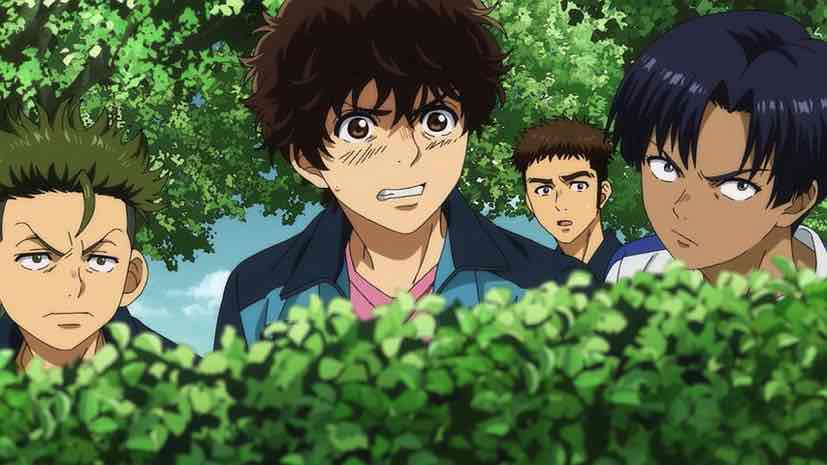
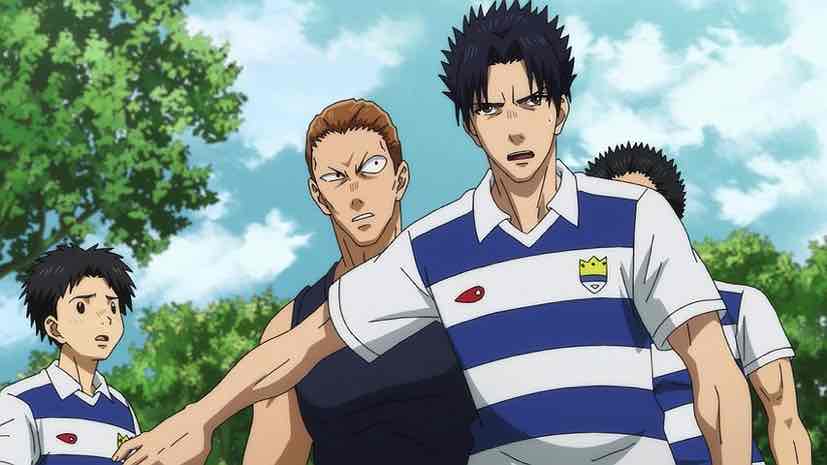
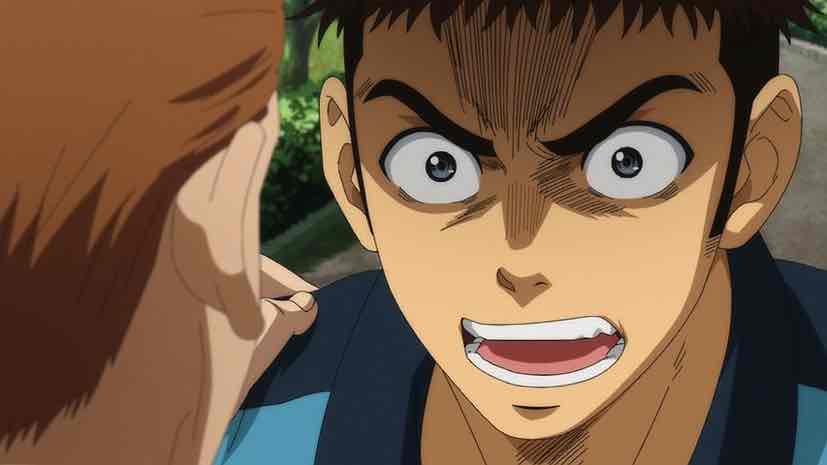
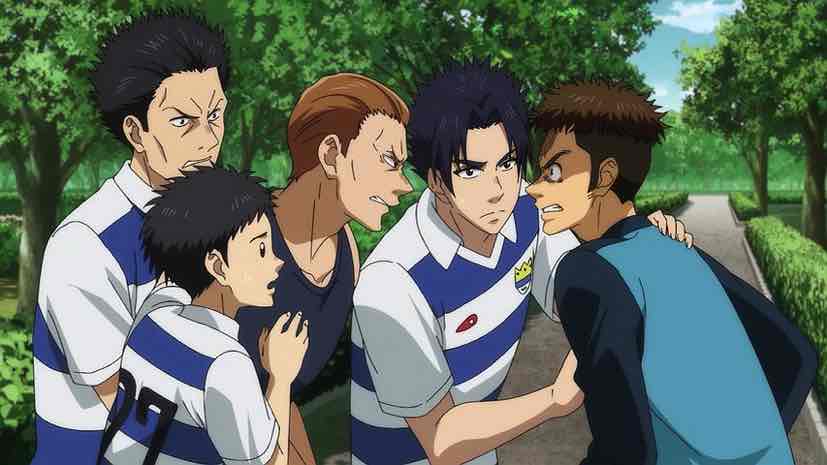
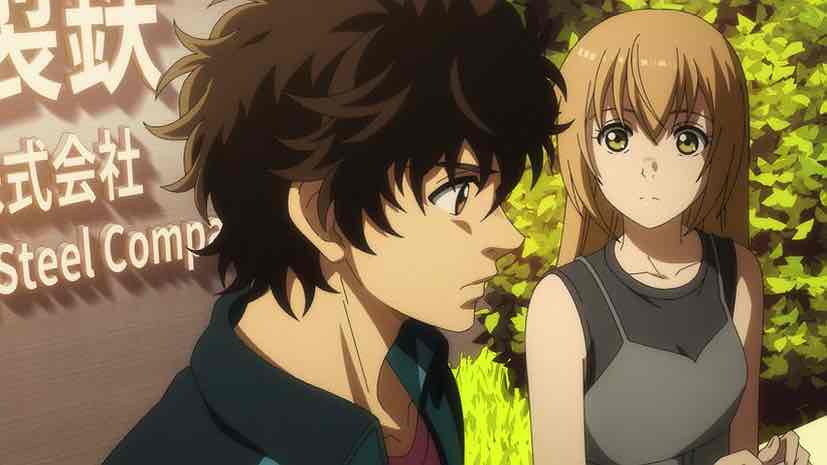
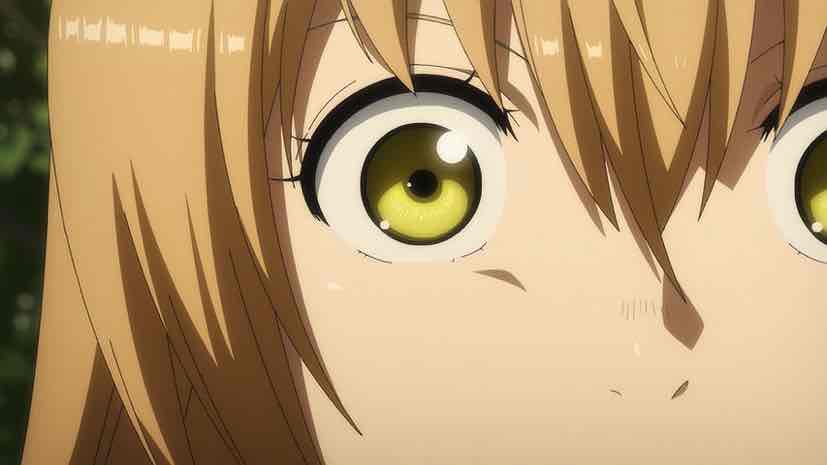
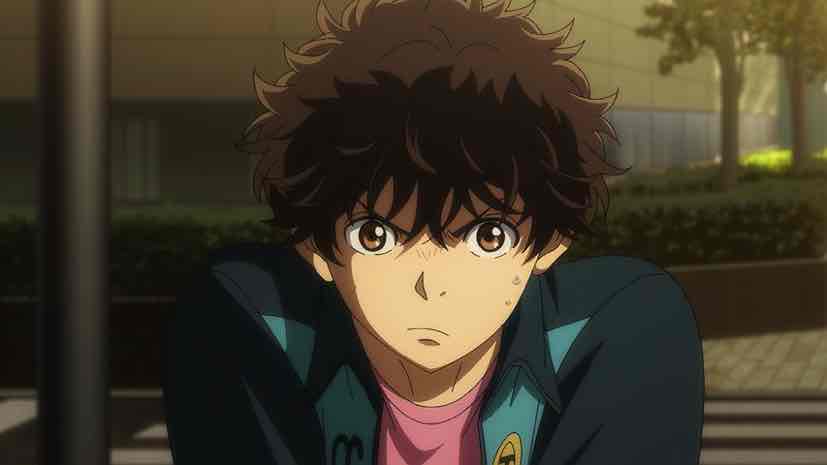
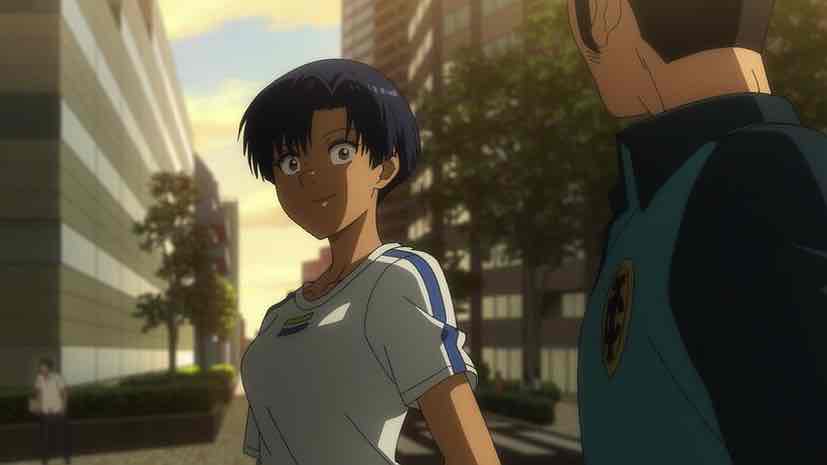
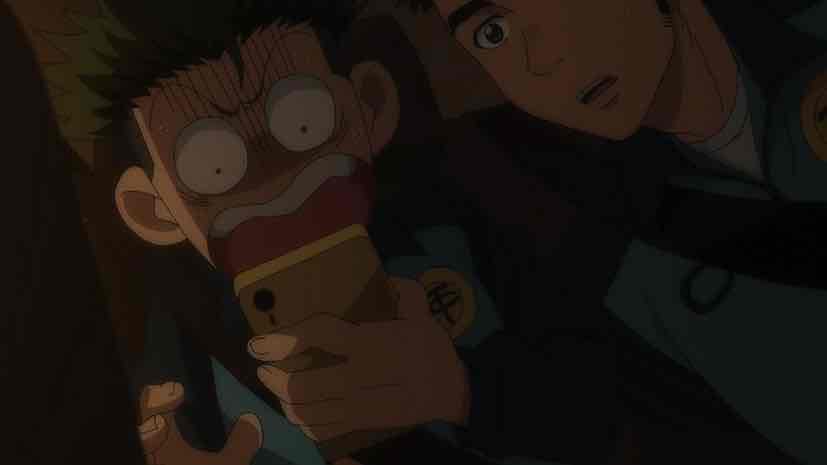
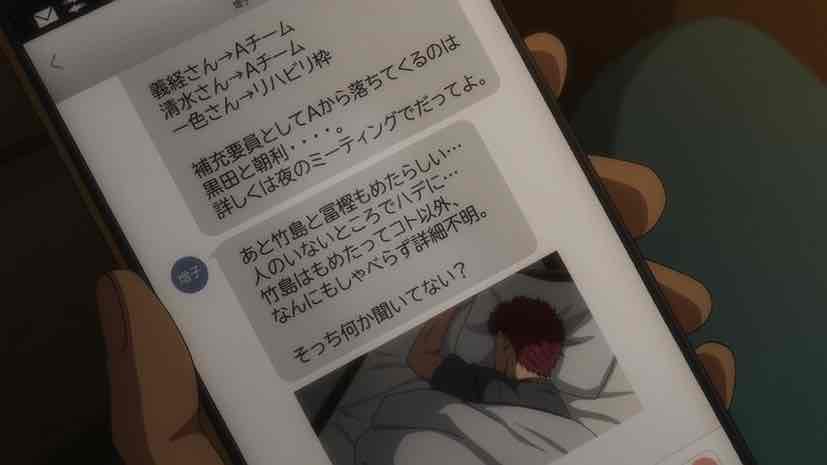
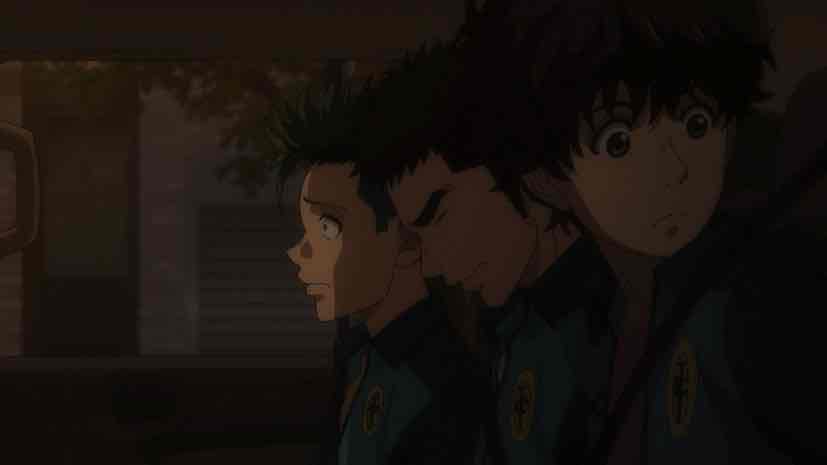
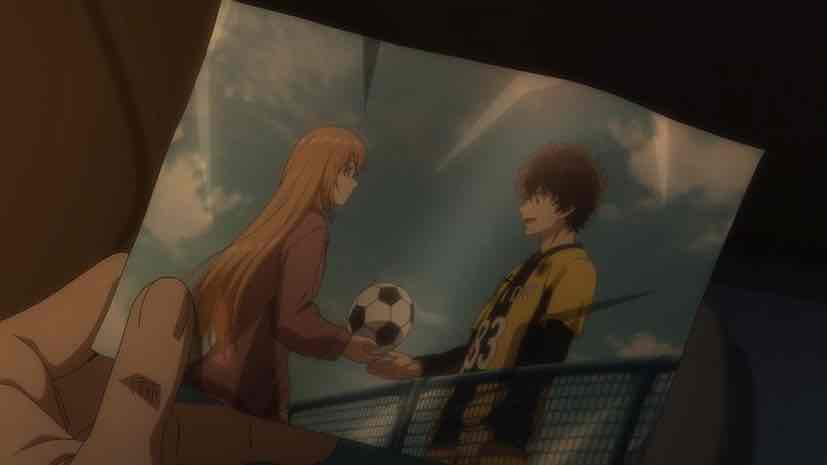
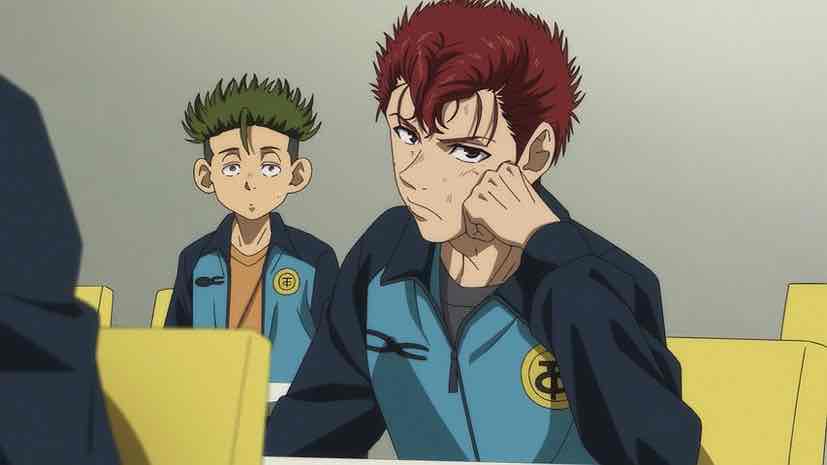
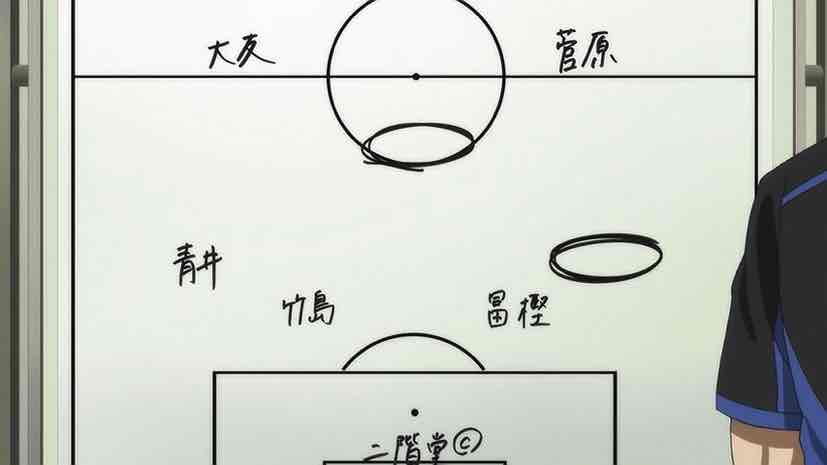
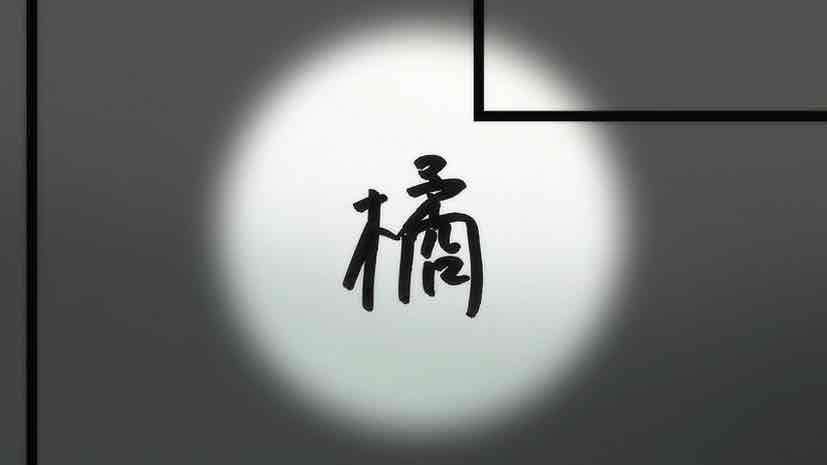
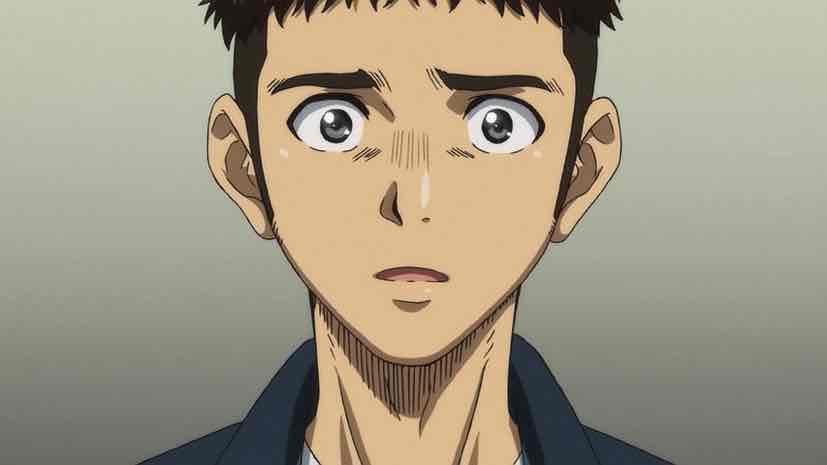


roger p
August 21, 2022 at 3:02 amMaybe Tachibana gets into the team “against his will” in order to emphasise that his spirits are at the lowest at the start of the match against Mushashino (as he couldn’t find the strength or the motivation even to make a decision about that)? Which will make his recovery all the more powerful in terms of the story’s drama.This should be the match where Aoi shows his true potential at last, and that should happen via his “special relation” with Otohmo and Tachibana, particularly with the latter. The story’s attention is upon him right now, so Tachibana should be one of the stars of the match. If he’s not, and the clash with Mushashino ends in frustration once again -if he fails to score-, there seem to be no reason or logic for keeping him in the game / the narrative.
In a sense all of the previous is pretty predictable, but the strength of this series lies precisely in the tension created by delaying the expected time (which has to come sooner or later) when Aoi is vindicated after all his troubles until now, after all the suffering and uncertainty in the previous 18 episodes or so. As I said, this vindication will come simply via the display of his true potential and the subsequent recognition by his teammates (and coaches) -no big deal and quite fit for the final episodes of a first season.
That was just my take on why I (and not only me…) like this series so much. I may have gotten it all wrong, but I just don’t care, this series is too addictive and enjoyable -again, can’t wait for the next episode, waiting for so long for this one was painful haha… Thanks for the review, Enzo!
by the way, I for one will notice Yowapeda next season, that’s for sure…
Guardian Enzo
August 21, 2022 at 9:41 amHime, Hime.
Haraga
August 21, 2022 at 7:52 amIn theory, Esperion should be able to play against a team like Musashino very well. Individually Esperion players are supposed to be superior, so they should be able to escape Musashino’s pressing fairly well. Kaneda not being a part of their pressing machine gives a huge advantage to Ashito or Togashi who can go forward and start attacks with less pressure than if Musashino had a truly pressing forward. This is likely the weak point Ashito figured out. Another good strategy is just provoking Kaneda so that he eventually makes a bad tackle or two and is sent off.
Guardian Enzo
August 21, 2022 at 9:43 amI think Kaneda presses (a high press is basically impossible if the striker doesn’t) – he just doesn’t track back and help cover when the opponent breaks the press.